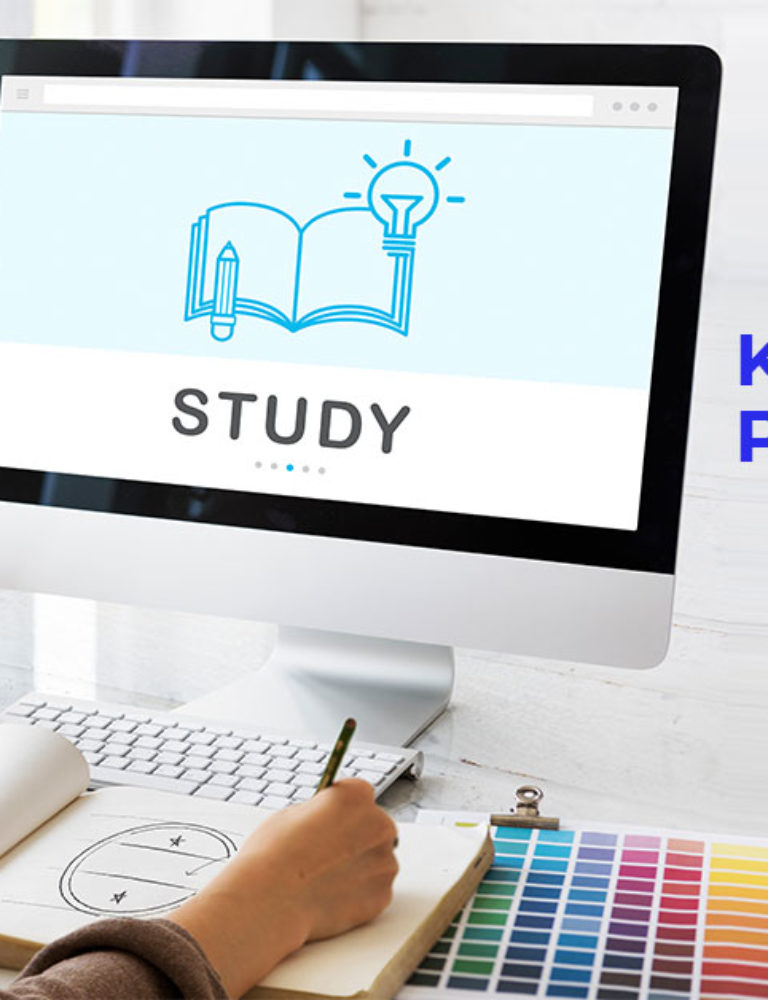Propelled by a perpetually evolving landscape, education is at a crossroads, necessitating an elementary approach to creating content for modern learners. Stemming from the relentless pace of change in educational standards and learner expectations, managing editors in the education sector encounter multifaceted challenges.
The education market is anticipated to reach a projected market volume of $10.71 billion by 2027, exhibiting an annual growth rate (CAGR 2022-2027) of 11.66%. The integration of technology in education not only alters students’ learning approaches but also transforms the dynamics of schools.
The transition to digital classrooms entails a learning curve, presenting unique challenges that schools must maneuver this technological shift. The transitioning educational paradigms involve challenges and opportunities for managing editors striving to cater to modern learners’ needs.
Striking a balance between tradition and innovation while driving educators to adapt their content and teaching methodologies to serve contemporary learners is the need of this dynamic environment.
Table of Contents
I. Embracing Change in the Educational Ecosystem
II. Challenges in Adapting Content for Modern Learners
- Evolving Educational Standards
- Diverse Learning Styles
- Technology Integration
- Ensuring Engagement and Relevance
- Teacher Preparedness
- Curriculum Flexibility
- Varied Content Delivery
- Technology Integration
- Personalization and Relevance
- Continuous Teacher Development
- Engaging Pedagogies
- Assessment and Feedback
- Accessibility
- Microlearning
- Collaborative Learning
- Blended Learning
IV. The Bottom Line
Embracing Change in the Educational Ecosystem
The modern educational framework shaped by technological advancements, diverse cultural landscapes, and a profound understanding of individual learning needs is a testament to adaptability.
Educational standards no longer remain static but morph to reflect the dynamic demands of a globalized society. Creators of content for modern learners must respond to these shifts by nurturing a culture of agility and adaptability to stay relevant.
Challenges in Adapting Content for Modern Learners
Outlined below are the complexities encountered when adapting content for modern learners:
1. Evolving Educational Standards
Rapidly changing standards demand constant updates to curriculum and teaching methodologies. Ensuring consistency with developing educational benchmarks poses a consistent challenge.
2. Diverse Learning Styles
Versatile content delivery is required to address the varying learning preferences of students—from visual and auditory to kinesthetic. Accommodating diverse learning styles challenges traditional one-size-fits-all teaching approaches.
3. Technology Integration
Tech infrastructure, resources, and teacher training are required when using technology as a teaching tool. Modify the curriculum to reflect technological developments while guaranteeing that every student has fair access to the resources.
4. Ensuring Engagement and Relevance
Maintaining interactive student engagement and curriculum relevance in a generation of constant distractions poses a significant hurdle. In a world where information is abundant, balancing attention spans and content depth is crucial.
5. Teacher Preparedness
Providing opportunities for continuous professional development will enable educators to stay up-to-date with emerging techniques and technologies. The significance of granting teachers the ability to modify content for modern learners is paramount.
Strategies and Solutions
Managing editors may employ a repertoire of strategies for the diverse learning styles and preferences of modern learners.
1. Curriculum Flexibility
Flexibility forms the groundwork, allowing editors to curate content for modern learners while cumulating traditional educational principles with innovative and engaging formats. Designing a curriculum framework in conformity with evolving standards facilitates continuous updates.
2. Varied Content Delivery
Understanding diverse learning styles—visual, auditory, kinesthetic, solitary, or group-oriented, empowers educators to tailor teaching strategies via visuals, discussions, hands-on activities, or collaborative approaches.
Recognizing these varied tendencies helps create inclusive learning environments accommodating a broader range of students’ preferences and needs.
3. Technology Integration
Technology integration, at its heart, involves the purposeful and effective utilization of technological tools to accomplish educational objectives and enhance learning experiences.
Ensuring student access to technological resources and imparting training to educators on efficient technology applications improves learning outcomes.
4. Personalization and Relevance
Establishing personalized learning paths and infusing real-world applications into the content for modern learners enhances engagement and relevance.
Moreover, adopting a learner-centric approach ensures interactive student engagement while positively impacting comprehension and retention levels.
5. Continuous Teacher Development
Offering regular training sessions and platforms for educators to exchange best practices ensures they are adept at adapting content for modern learners.
Staying abreast of the latest pedagogical approaches and integrating them into their teaching strategies ultimately enhances an educator’s ability to deliver impactful and relevant content. Regular training sessions, workshops, and forums provide opportunities for teachers to engage in ongoing learning experiences.
6. Engaging Pedagogies
Incorporating multimedia elements, interactive features, and immersive experiences enriches the educational content while maximizing comprehension.
Encourage collaborative learning, project-based assignments, and discussions to promote critical thinking and support interactive student engagement. Furthermore, infusing real-world examples and case studies empowers learners by contextualizing theoretical concepts, rendering learning more relatable and practical.
7. Assessment and Feedback
The influence of feedback on student achievement is well established, demonstrating the potential to lead to significant learning gains. Implementing regular assessments and feedback mechanisms enables the evaluation of learning outcomes for subsequently refining content for modern learners.
8. Accessibility
A pivotal aspect of content adaptation revolves around promoting inclusivity and ensuring accessibility for all learners. Managing editors must curate content for modern learners that accommodates factors including language proficiency, cultural relevance, and varied abilities.
Embracing accessibility features like captions, transcripts, and adaptable formats attends to a broader audience, promoting an equitable learning environment. Fostering inclusivity through diverse perspectives and accessible content empowers learners across the spectrum.
9. Microlearning
Microlearning presents a modern approach by offering bite-sized lessons that enhance retention by avoiding information overload. Tailored content, coupled with a self-directed approach and immediate feedback, boosts engagement and improves recall.
Accessible anytime, anywhere, and on any device, microlearning fosters personalized learning paths. This strategy optimizes resources, making it an ideal fit for today’s learners’ varied preferences, styles, and pacing, ensuring an adaptable learning experience.
10. Collaborative Learning
Collaborative learning cultivates self-motivated and adaptable classrooms, nurturing students’ confidence and vital skills. This tailored approach encourages academic achievement while instilling communication skills, making it an indispensable strategy for the effective creation of content for modern learners.
11. Blended Learning
Blended learning represents a blend of diverse learning modes by merging online and face-to-face interventions, promoting independent and collaborative learning. Incorporating eLearning and instructor-led components optimizes engagement for fruitful learning outcomes.
The flexibility blurs traditional boundaries, preparing learners to explore both physical and digital realms seamlessly. Amalgamating the strengths of varied approaches facilitates interactive student engagement, allowing them to absorb information efficiently.
The Bottom Line
Adaptation entails an ongoing commitment rather than a one-time event. Managing editors must stay abreast of emerging trends while regularly evaluating the efficacy of content for modern learners.
This iterative approach based on feedback from educators and learners fosters a learning environment that remains agile, responsive, and attuned to the evolving needs of the contemporary learner. A nuanced approach and strategic foresight can fuel this quest.
Our intuitive platform for curriculum planning and monitoring empowers instructors to efficiently execute lessons and track student progress. Transform learning experiences today with KITABOO’S dynamic and engaging digital content solutions.
Explore our training solutions, and cutting-edge technology platforms to elevate education and training in your sector. Contact us at KITABOO@hurix.com for more details.
Discover How An Ebook Conversion, Publishing & Distribution Platform Can Help You
Kitaboo is a cloud-based content platform to create-publish & securely distribute interactive mobile-ready ebooks.
You May Also Like







